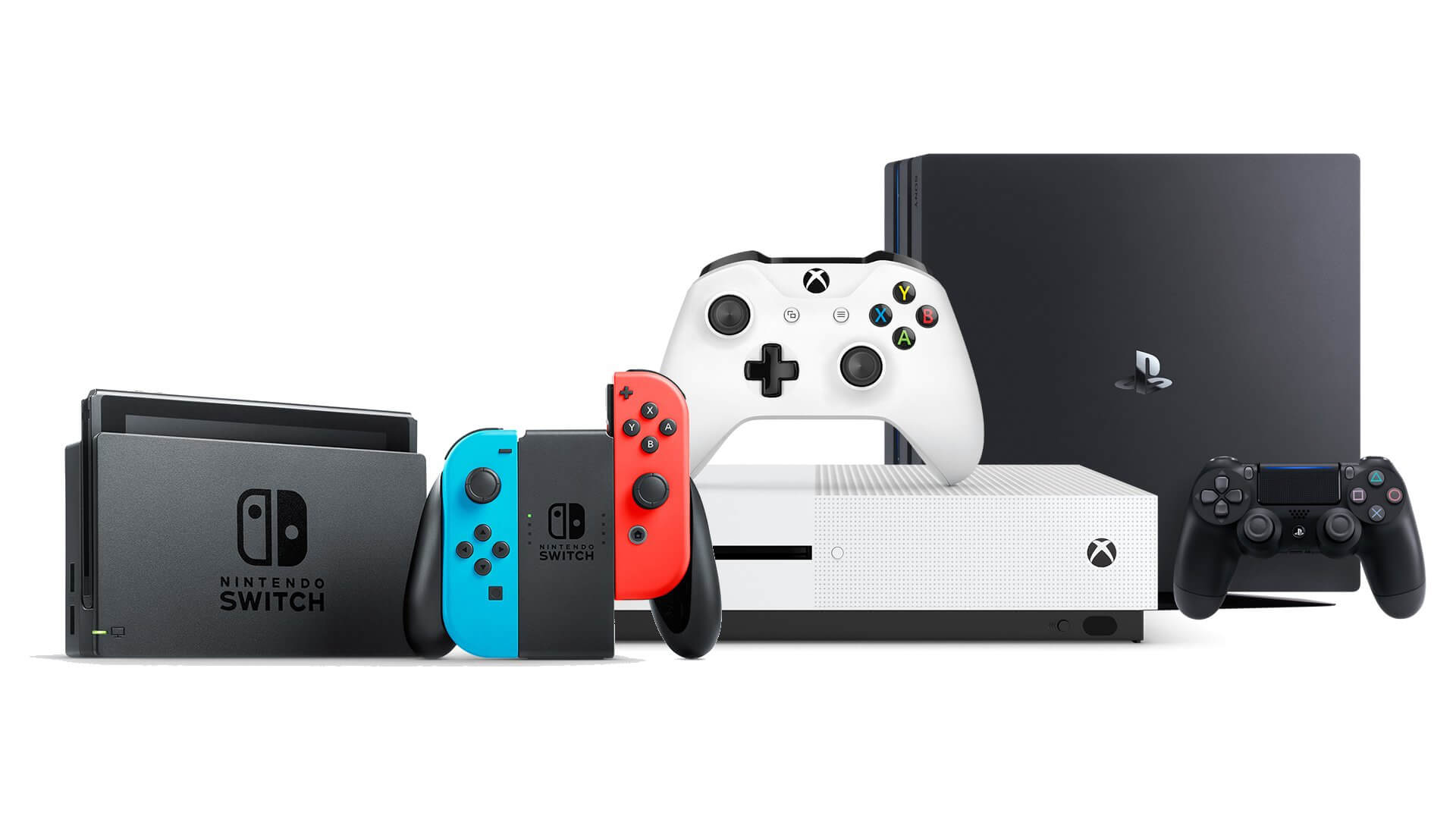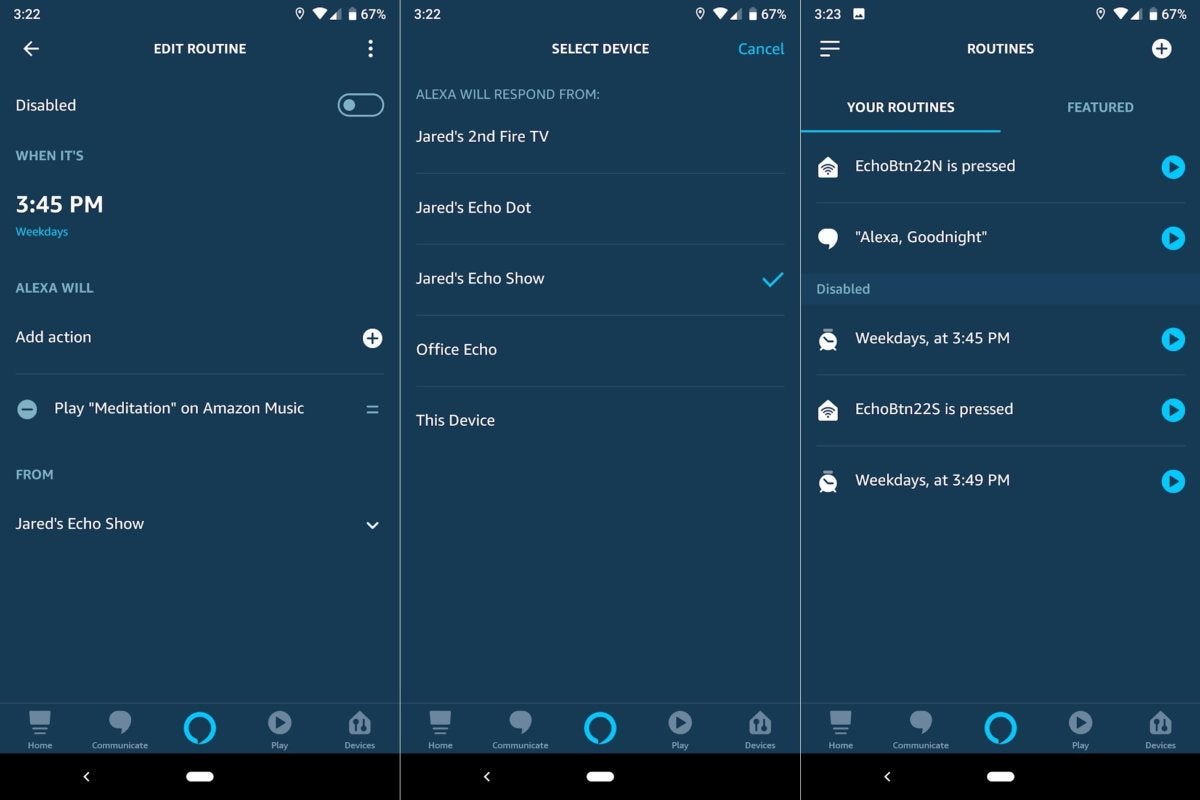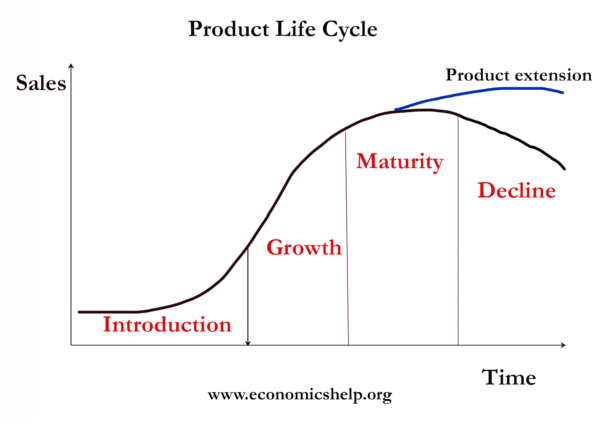|
|
by Edward
Smart speakers are a brilliant piece of technology which has a multitude of functionality. Yet what we are continuously seeing is that playing music, answering general questions, setting alarms and weather news are the most common actions a smart speaker performs.
So I wanted to investigate the reasons why something so powerful, is being used in such limited capacity?

Consumers are unaware
Consumers seem to be unaware of the many applications that their smart speakers can provide for them. According to a survey, those that have owned smart speakers for less than 3 months use an average of 11.7 skills per week. As well as 69% of owners agree that they do not know enough about their smart speakers to use all its features. That is not to say that there is a shortage of tasks or applications that exist for consumers.
Maybe this stems from Alexa’s marketing campaigns. Many of them showcase the smart device flawlessly answering any question without hesitation. When in reality it’s a bit more nuance than this.
Trust
Right now, many of us are still understandably worried about being misheard by our voice assistants in the middle of making an important payment to use online banking (or other sensitive processes) via our smart speakers.
As Frank Gillett, Principal Analyst at Forrester points out, “complex tasks and interactions with brands, such as online searches, checking bills, making payments, or ordering items, are still relatively rare”.
Hopefully, as our voice assistants get smarter through the power of machine learning and artificial intelligence, they’ll become more adept at carry out tasks like this.
Users also worried about whether their voice assistant was “listening all the time.” This was particularly contentious when family members and friends became “secondary users” of the voice assistant just by being in the same physical space. For example, “in-laws were mortified that someone could hack in and see what I’m doing, but what are they going to learn?”
Better products
Another simple reason why voice assistants are being under utilized is that for some categories there is simply better competition. For example take the “game” category of voice apps. There are plenty of options out there but if you put Alexa in a home filled with a PS4, desktop computer, mobile phone apps and a Nintendo switch?
Alexa simply doesn’t compare. A fair evaluation of this is to say we are looking at one specific category and doesn’t represent smart speakers functionality as a whole. In actual fact Alexa’s games are very inclusive and can allow anyone in the room to participate. I have found this to be perfect for social events.

Routine
Further to this I believe the many use-cases in which voice is the perfect solution to the problem. For example “hands-free” cooking is simply perfect for voice-assistants. However a wholistic view of a typical consumer is that for many their technical experience is limited. So what is their go to? Google, YouTube?
It requires far less processing or thought to think, actually Alexa could assist me better. Then maybe you need to find the perfect Alexa app which gives you both audio and multi-modal instructions to cook the meal you are preparing with the exact ingredients you have. But who has time for that? A user can quickly achieve what they need in fewer steps because they know exactly how.
Breaking in to users’ established habits and patterns is a massive challenge. When touch screens have been used for the best part of two decades now. The challenge is something that Alexa is trying to tackle. This is evident with it’s ‘routines’ feature. Alexa routines allow you to bundle together and automate several tasks using a single trigger or voice command. For example “Alexa, Good morning” would trigger a list of actions, i.e playing some music, telling you the latest news, etc.

Product Lifecycle
The product lifecycle I believe has a lot to do with the consumer behaviour associated with the product. It is difficult to say what exact stage we are in with smart speakers. I would make a guess we are at the mid-growth stage. Where a lot of consumers are early adoptors who haven’t grasped the full potential of the product.
As the product moves in to it’s maturity stage we should expect to see new ways to innovate and prevent the decline of the product. This is possibly where a bigger emphasis may be placed on how to extend the usability of the product. This could lead to more user awareness of the likes of 3rd party apps and new features to be introduced. We can already started to see this with the Echo Show 5 and emphasis on more multi-modal and touch capabilities.

What can we do to make the change?
As more people install voice assistants in their homes, designers, engineers, and policy makers need to grapple with issues of usability and privacy. As personal assistance become part of people’s daily experiences, we have the responsibility to study their use, and make design and policy recommendations that incorporate users’ needs and address their concerns.
Education is a massive part of the problem for voice. People don’t quite get it yet and for many they don’t necessarily want to learn about it.
Conclusion
To summarise I believe users do require more education about the product as a whole and how to get the best use out of Alexa. However it could be fair to say that users are happy enough with their limited use of functionality. With consideration of the low-cost expense of the technology in comparison to the market. The product life-cycle is an integral part to understand the context in which we look at smart speakers.
Sources Used:
- https://guidehouseinsights.com/news-and-views/missed-opportunity-consumer-underutilization-of-smart-speakers
- https://www.techradar.com/news/smart-speakers-sidelined-as-most-of-us-use-voice-assistants-on-smartphones-instead
- https://blog.mozilla.org/ux/2019/12/how-people-really-really-use-smart-speakers/





No responses yet